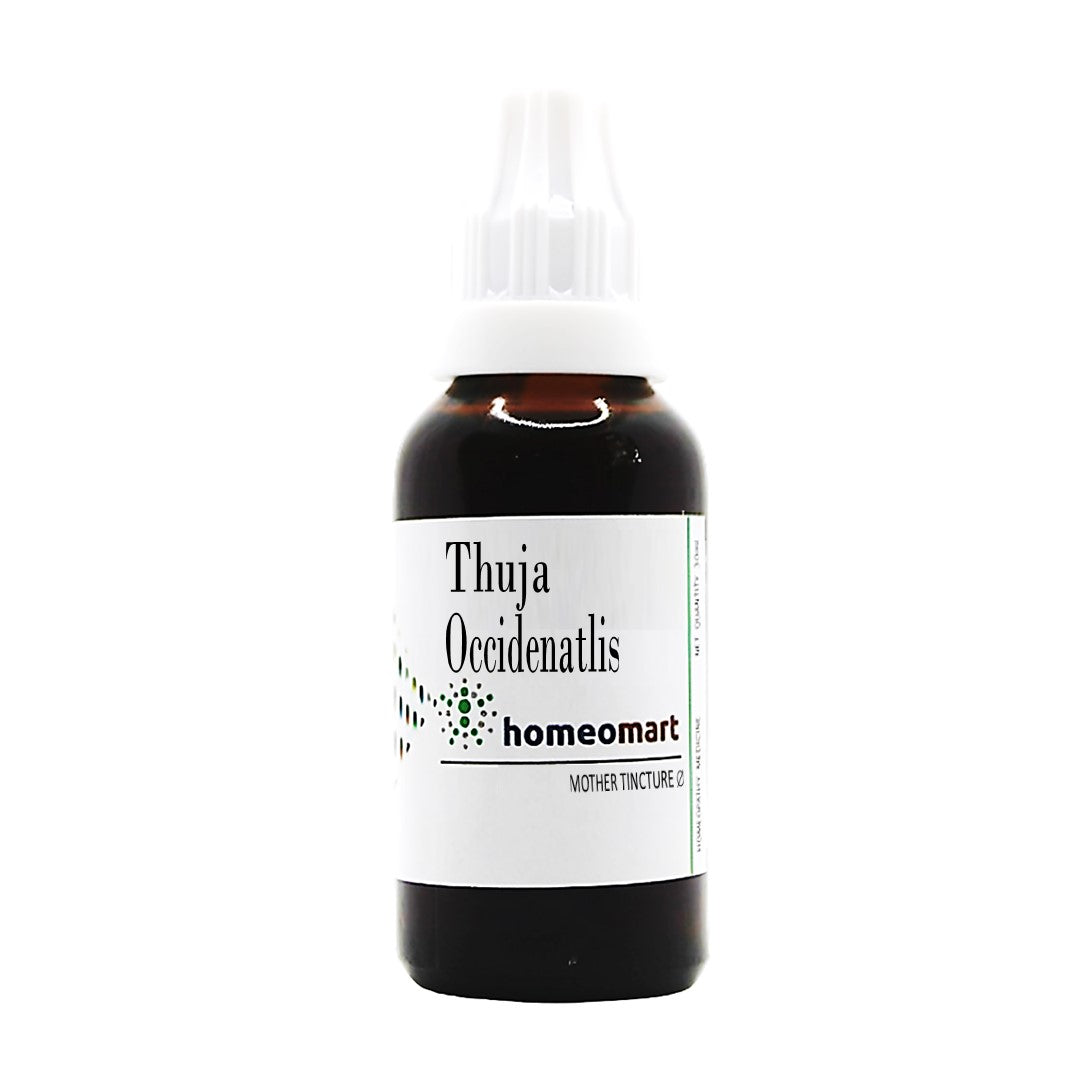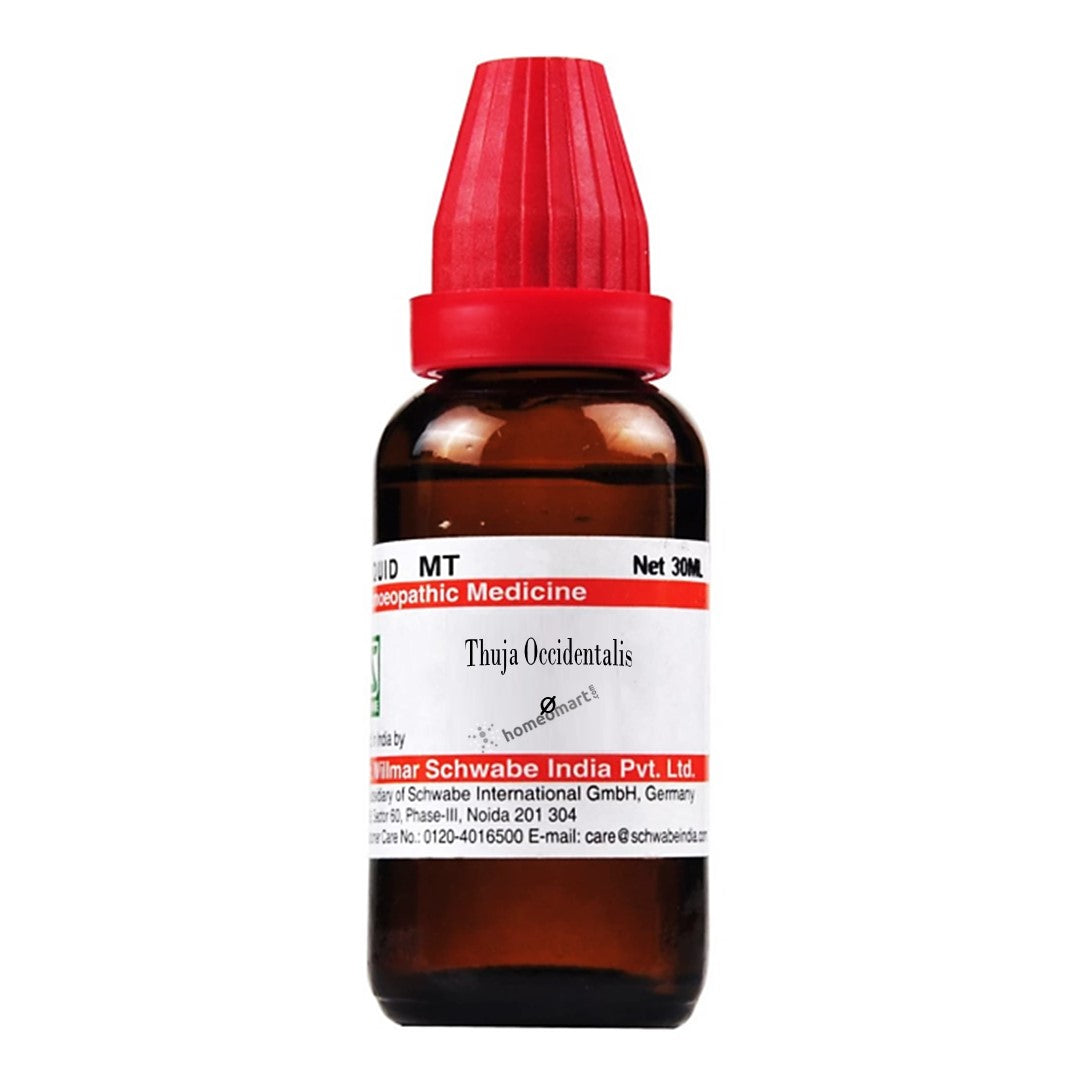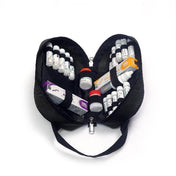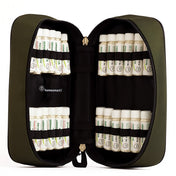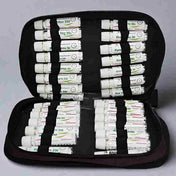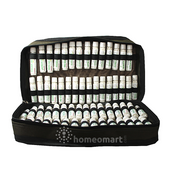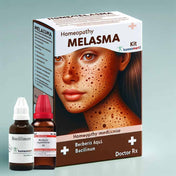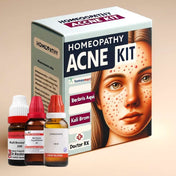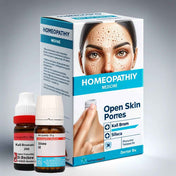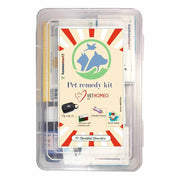Thuja Occidentalis Q (Arbor Vitae) – Homeopathy Tincture for Warts, Cysts & Skin Disorders
Thuja Occidentalis Q (Arbor Vitae) – Homeopathy Tincture for Warts, Cysts & Skin Disorders - Homeomart / 30ml is backordered and will ship as soon as it is back in stock.
Couldn't load pickup availability
Description
Description
Thuja Occidentalis Homeopathic Mother Tincture – For Warts, Skin Issues & Glandular Swellings
Thuja Occidentalis (commonly called Thuja or Arbor Vitae) is a classical homeopathic remedy made from the fresh green twigs of the Thuja tree. Thuja acts chiefly on the skin, genito-urinary system, gastrointestinal tract, kidneys and nervous system, and is prized for its anti-sycotic action — especially where wart-like excrescences, condylomata, and other vegetations appear.
Clinical Uses & Key Actions
Thuja is indicated where there are pathological growths on mucous and cutaneous surfaces: warts, naevi, spongy tumours, polyps, and fatty or ganglionous lumps. It is widely used for:
- Warts, moles, and verrucous growths (including post-vaccination complications)
- Skin infections, pigmentation issues (chloasma), freckles, fungal problems like ringworm
- Genito-urinary complaints — gonorrhoea, balanitis, prostate issues, urethral strictures
- Ovarian cysts, uterine fibroids and polyps; recommended in some PCOS and cystic conditions
- Rheumatic and arthritic pains with lameness and tearing pains worse at rest
- Inflammatory swellings, styes and eye tumours, and post-surgical or vaccination sequelae
Patient Profile
Thuja suits a hydrogenoid, sycotic constitution — individuals who are fleshy or lymphatic, often with a darker complexion, lax muscles and unhealthy skin. Symptoms typically worsen in damp, rainy or cold weather and may show a left-sided predominance. Patients often present with morbid growths, chronic skin complaints, and signs of venous or lymphatic congestion.
Distinctive Symptoms & Modalities
- Sensation of tearing in muscles and joints; worse at rest, better in dry weather
- Complaints aggravated by dampness, moonlight, or cold exposure
- Fixed ideas, emotional sensitivity, music-provoked weeping or trembling
- Left-sided cardiac or neuralgic pains, palpitations, and nervous symptoms
Specific Clinical Notes
Thuja has demonstrated antibacterial action in conditions such as gonorrhoea and vaccination sequelae. It is frequently used in therapy for warts, moles, stubborn skin eruptions and post-vaccinal troubles. Dr Gopi highlights Thuja 200 as supportive in PCOS where cysts and retarded menses are present. Some practitioners use Thuja in adjuvant protocols aimed at inhibiting malignant cell spread in convalescent cancer patients.
Materia Medica Summary
As per classical materia medica, Thuja produces sycotic manifestations: moist, tubercular-like mucous growths, condylomata, and excessive venosity. Other characteristic features include rapid exhaustion, emaciation, left-sided complaints, and hypersensitivity to damp weather. Thuja may abort pustular eruptions and modify post-vaccinal fever and eruptions.
Mind & General
Fixed ideas, a sense that the body and soul are separated, extreme emotional reactivity, and musical irritability.
Head & Hair
Left-sided headaches, neuralgic pains, white scaly dandruff, greasy facial skin and hair-loss in chronic cases.
Dosage & Potency
Commonly used potencies range from 30C to 1M, with the exact potency and repetition tailored to the case. Mother tincture (Q) is used for local application or low-potency systemic dosing (e.g., a few drops diluted) as advised by a qualified practitioner.
How to Take
Take Thuja Q in lukewarm water on a clean tongue, preferably half an hour before meals, or as directed by your physician.
Side Effects / Contraindications
There are no known contraindications. It is safe to use, but it is recommended to follow your doctor’s advice for optimal results.
Complementary & Follow-On Remedies
Complements: Arsenic album, Natrum sulph, Sabina, Silicea, Medorrhinum.
Remedies that may follow Thuja well: Nitric acid, Calcarea carb, Lycopodium, Pulsatilla, Sabina, Silicea, Sulphur.
Available Uses & Brand Notes
Thuja Occidentalis Mother Tincture Q is available from reputable homeopathic houses. When used responsibly under professional guidance, Thuja can be a strong ally in treating sycotic conditions, chronic skin disease, and certain gynecological or growth-related complaints.
Powerful against vegetating growths and stubborn skin complaints — Thuja Q supports the body’s return to balance with targeted, constitutional homeopathic action.

